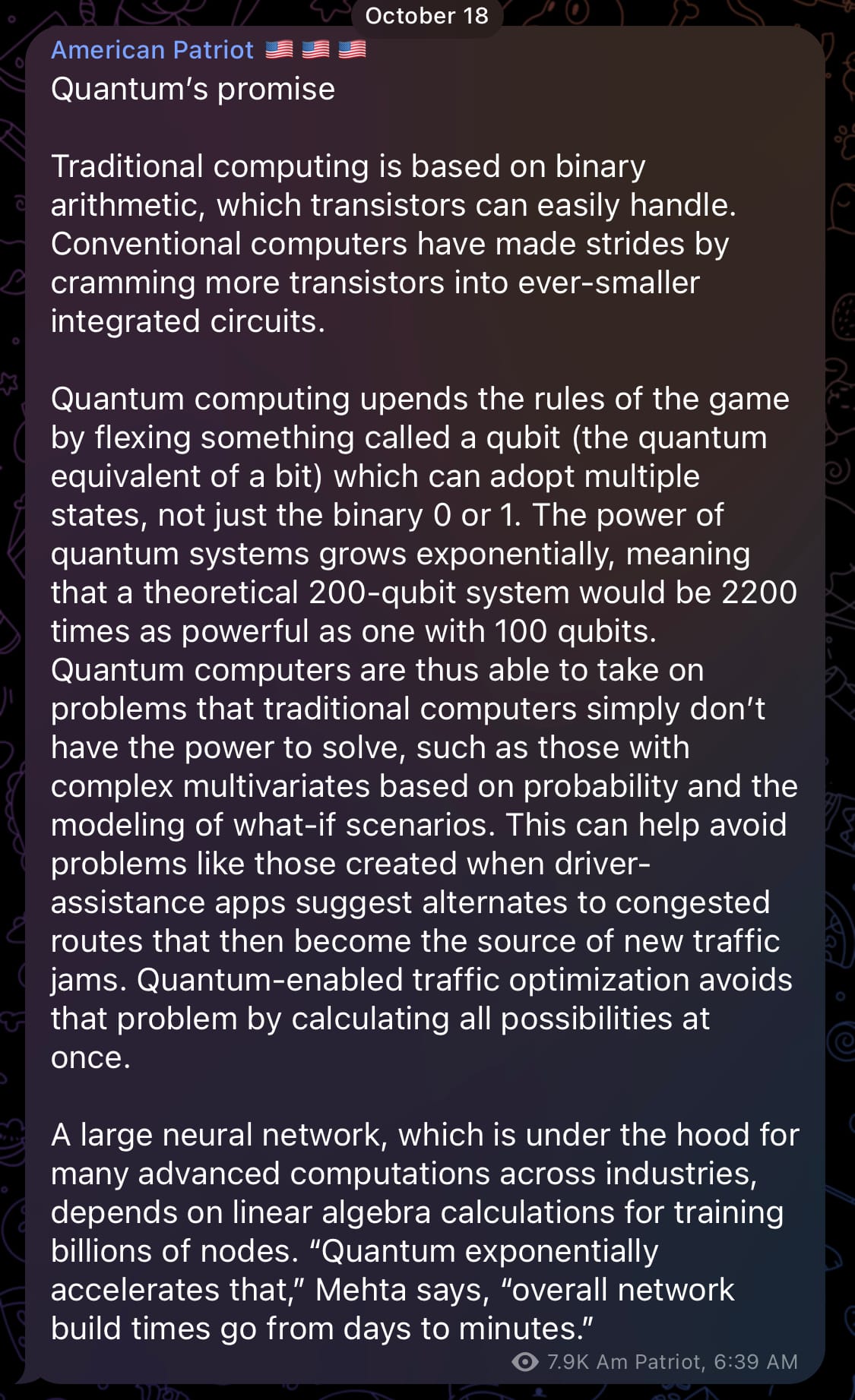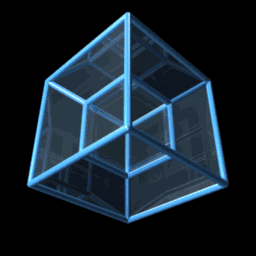Quantum’s promise

Quantum’s promise
Traditional computing is based on binary arithmetic, which transistors can easily handle. Conventional computers have made strides by cramming more transistors into ever-smaller integrated circuits.
Quantum computing upends the rules of the game by flexing something called a qubit (the quantum equivalent of a bit) which can adopt multiple states, not just the binary 0 or 1. The power of quantum systems grows exponentially, meaning that a theoretical 200-qubit system would be 2200 times as powerful as one with 100 qubits. Quantum computers are thus able to take on problems that traditional computers simply don’t have the power to solve, such as those with complex multivariates based on probability and the modeling of what-if scenarios. This can help avoid problems like those created when driver-assistance apps suggest alternates to congested routes that then become the source of new traffic jams. Quantum-enabled traffic optimization avoids that problem by calculating all possibilities at once.
A large neural network, which is under the hood for many advanced computations across industries, depends on linear algebra calculations for training billions of nodes. “Quantum exponentially accelerates that,” Mehta says, “overall network build times go from days to minutes.” 🧐🥳✌️
